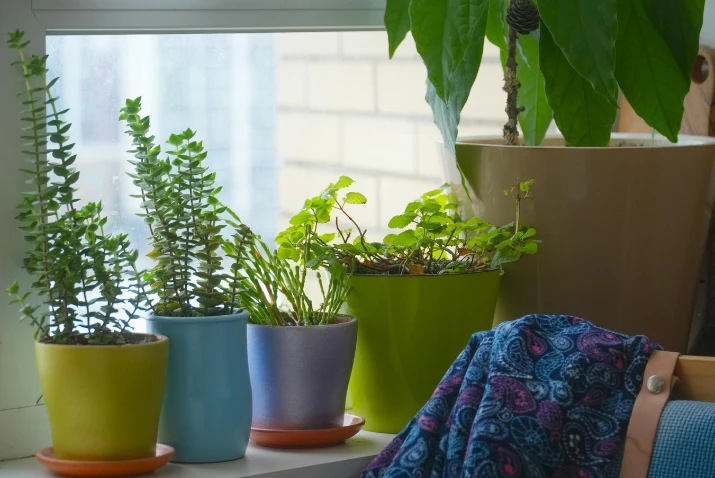It is the responsibility of all landlords to undertake a risk assessment to prevent the spread of the Legionella bacteria, which can be found in a property’s water systems and can lead to Legionnaires’ disease if inhaled.
Legionnaires’ disease is a pneumonia-like illness caused by Legionella bacteria and can be fatal. It is one of several conditions included within the Legionellosis group.
Although the risks are generally very low in residential property, health and safety legislation in the UK requires landlords to carry out risk assessments to control the exposure to tenants of Legionella.
The risk of Legionnaires’ disease is likely to be higher in properties that are left empty and where water may be left to stand in both hot and cold systems, thus increasing the opportunity for the bacteria to multiply in the standing water.
As such, it is vital landlords ensure water systems are used at least once a week. And if a property is set to remain empty for several months, it may be worth draining the system to prevent the possibility of bacteria developing to unacceptable levels.
So what can landlords do - or encourage tenants to do - to minimise or eliminate the risk posed by Legionella?
• Maintain cold water below 20 degrees C, as Legionella thrives in water between 20 and 45 degrees C
• Ensure showers and taps that are used infrequently - such as those in spare bedrooms - are periodically flushed through with running water
• Cover water tanks so mice, birds, insects and other creatures cannot gain access
• Remove unnecessary pipes, such as those leading to appliances that are no longer used
If tenants suspect their water supply could be infected, they should inform their landlord or property manager as soon as possible. Signs of Legionella include:
• Cold water running warm
• Water that is discoloured or contains debris
• A malfunctioning boiler or hot water system
Tenants can reduce their susceptibility to Legionnaires’ disease by carrying out a number of simple tasks, including cleaning their shower head regularly and flushing through any shower that is not used at least once a week.
It is also worth focusing on hot tubs, swimming pools and spas, all of which provide the perfect environment for Legionella bacteria to thrive.
In properties with a feature such as a pool, the water should be tested on a daily basis and must be kept free from dirt and debris by using effective filters.
Landlords are advised to conduct a risk assessment, but if they do not feel confident doing this independently they are welcome to contact the property manager in their local Leaders branch who will arrange for a specialist to visit a property.








